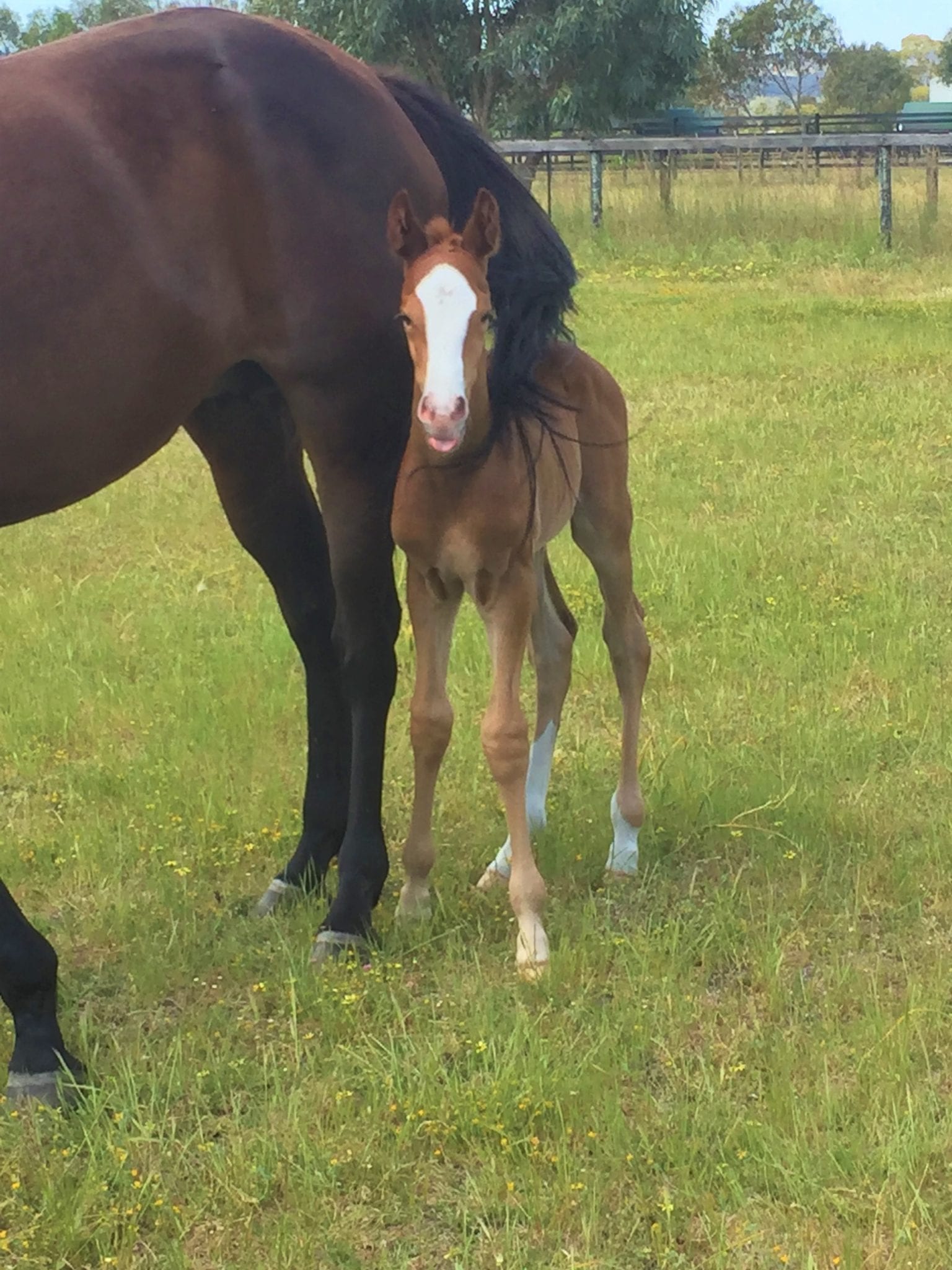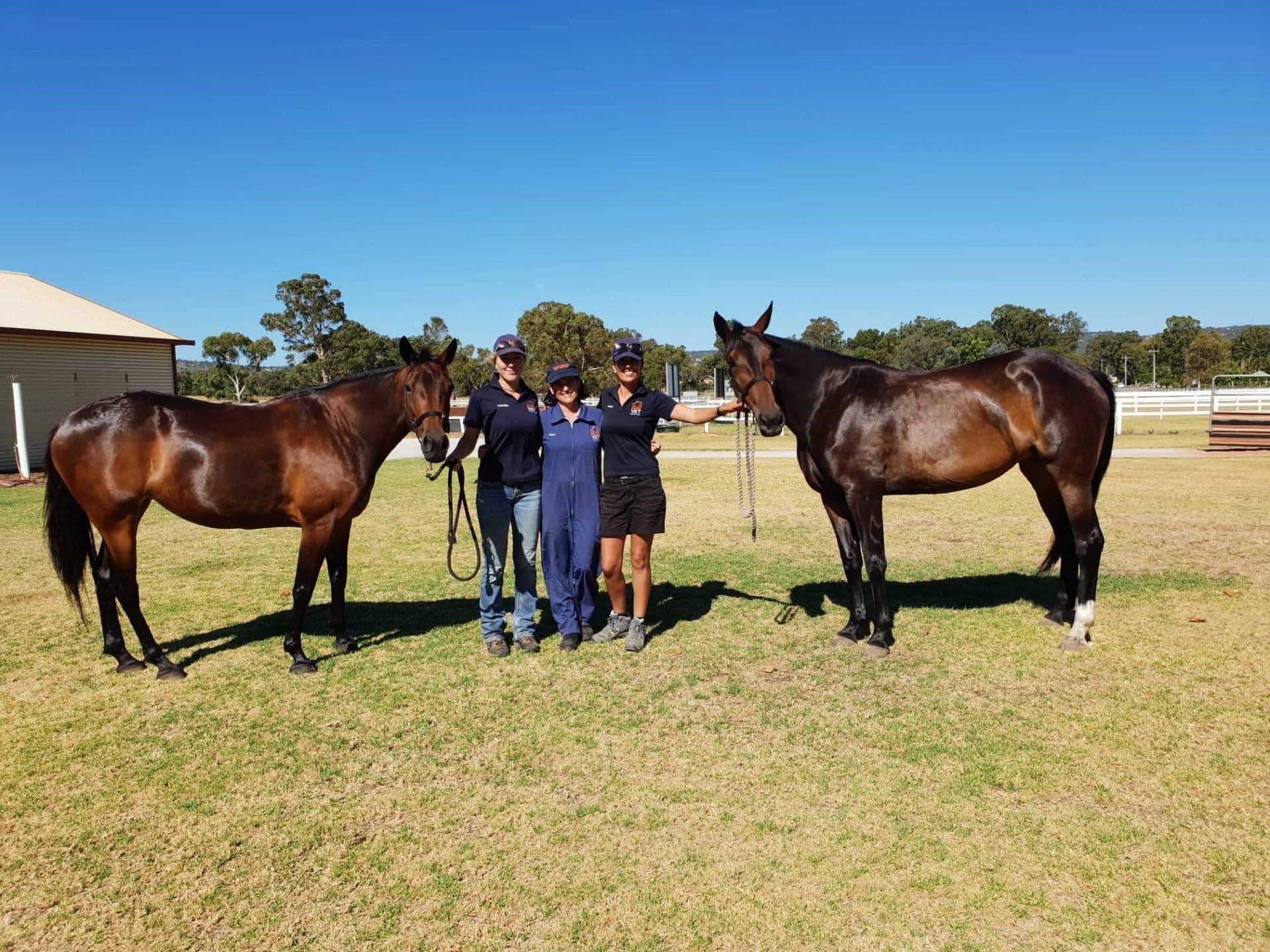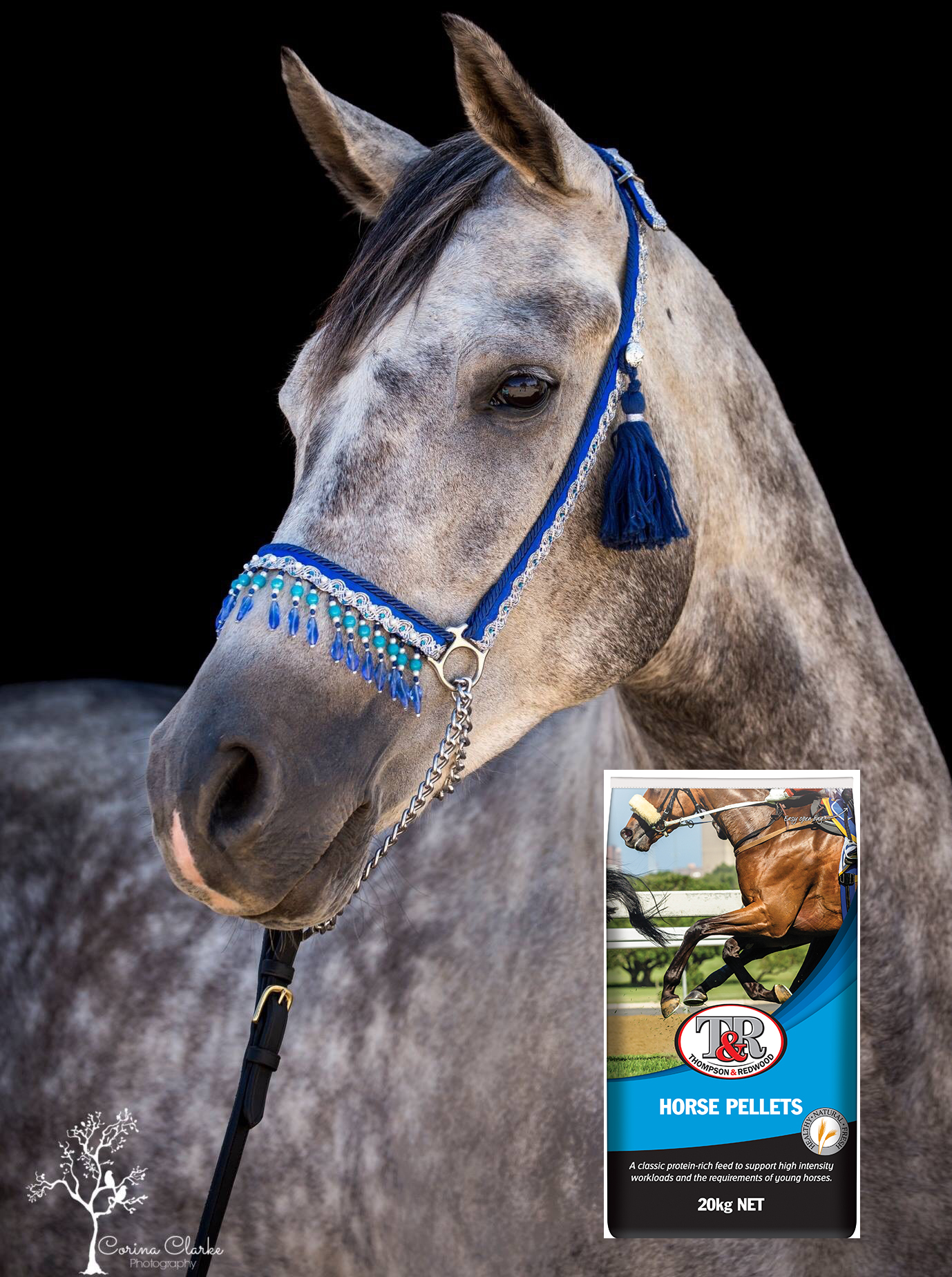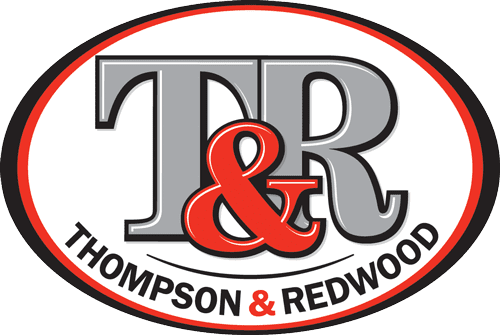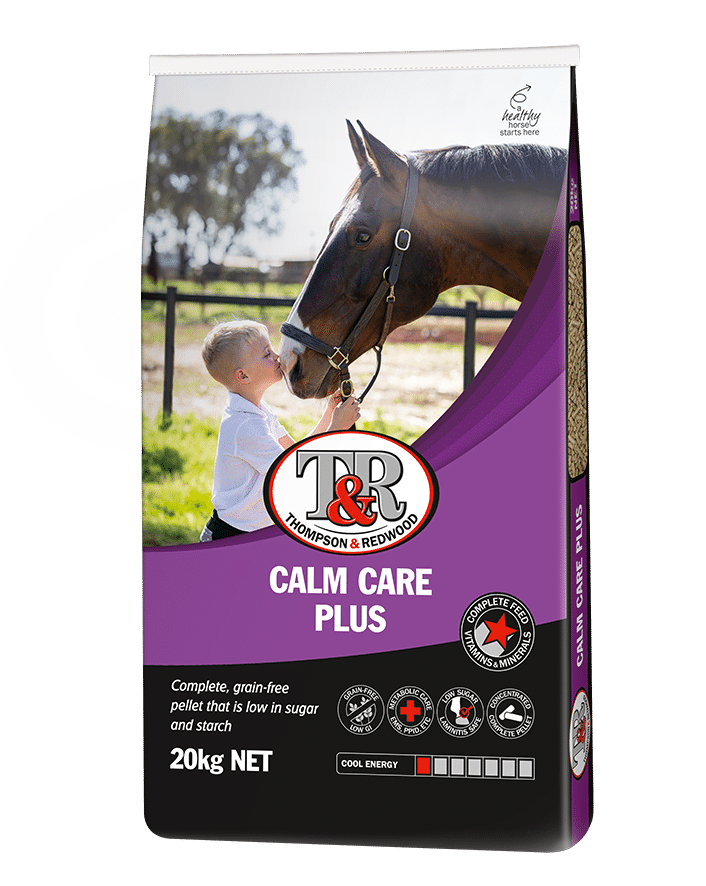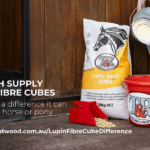
From grass roots to high performance, we have an equine feed to suit
A feed for (almost) every animal on the farm
Quality
Ruminant feeds to support productivity
We’re passionate about poultry
superior feed for broodmares, young stock & commercial studs
with added pre & probiotics
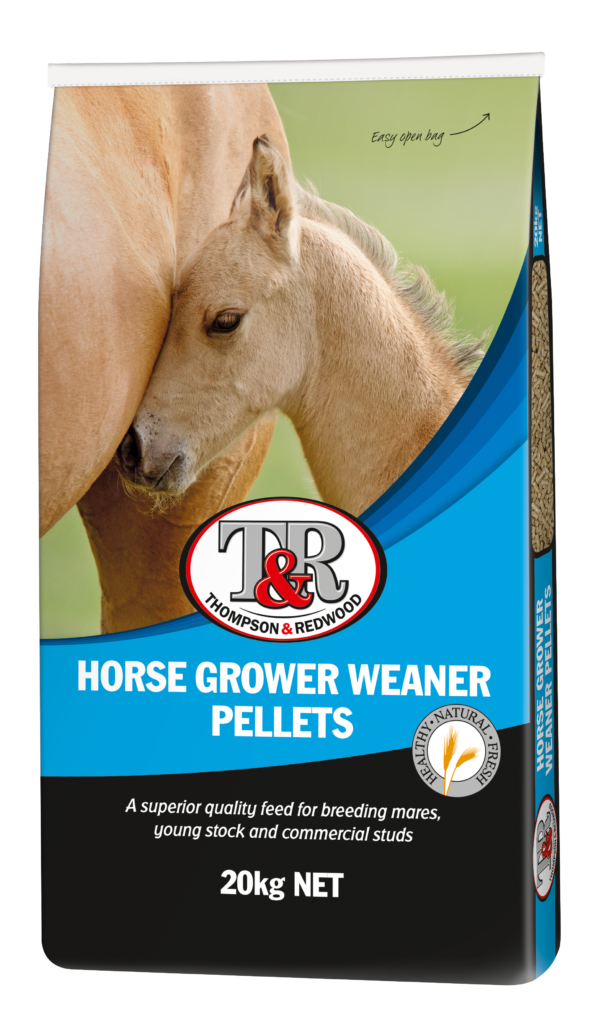
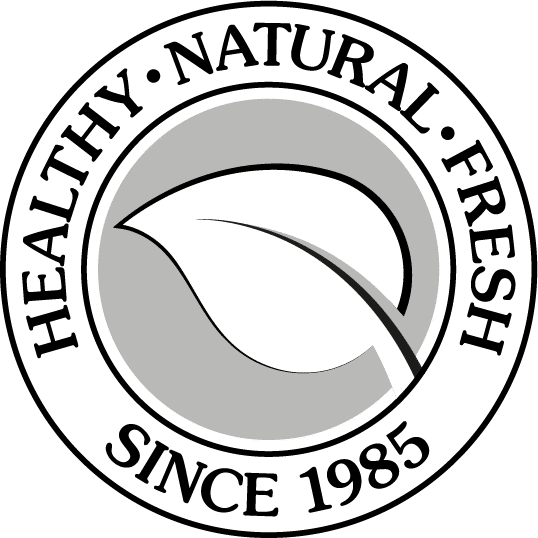
Making healthy, natural and fresh stock feed since 1985
Thompson & Redwood makes affordable and nutritionally balanced stock feed for the horse and agricultural
industries. Our recipes never change and are milled daily from Western Australian grain so you know what
you’re feeding is healthy, natural and fresh.
What's your
horse feeding challenge?
- Fizzy horse?
- Poor keeper?
- At risk of laminitis?
Use our FeedSmart Diet Calculator to create a balanced, custom diet to suit your horse, or reach out to our nutrition team for additional support.
FITNESS - 6 Tips for optimising your horse`s fitness this year...
Are you bringing your horse back in from spell? Or increasing their workload ready for the coming season? Here are some tips to make the preparation successful:
📃 Set out your goals and plans for the season. Look at when your first event is, and work back from their to help create your program and timeline.
📃Make a horse health checklist - record their vital signs to get a baseline, book any health checks they need.
🔍 Assess their weight and condition - start with body condition scoring them, how is their weight after their spell? Their diet from last year might not be the right diet for them this year and you may need to adjust it depending on whether they need to gain or lose weight.
⚖️ Write down their current rations, rebalance it with their feed, hay and pasture and check that it fits with their fitness and health goals. It`s a good opportunity to make changes while they are not in competition work, and you can use our free FeedSmart Diet tool to help you make sure they are getting the right nutrients, amounts and roughage >> https://thompsonandredwood.com.au/equine/feedsmart-horse-diet-calculator
⌛Adjust Feeds slowly - Whether it`s adjusting rates or re-introducing hard feed, make sure you do it slowly to avoid gastric upsets or energy excess.
🐎 Avoid working them beyond their fitness level: like us, they need time to build their fitness again after a break, so work should be increased slowly.
And ENJOY THE RIDE!
Jan 5

An Equi-Restore treat for Luda and River, the Clerk of the Course horses at Geraldton. Luda doesn`t normally drink when out, but after a taste of Equi-Restore, he tucked in for a big drink!
#horsefeed #horsecare #Equirestore #hydration #electrolytes
.
.
.
Equi-Restore is a hydrating supplement for horses with added electrolytes, Branched-Chain Amino Acids, Antioxidants and more to support recovery.
Dec 29

Merry Christmas from the T&R family to yours! Thank you for all of your support in 2025, we`ve been so lucky yo get out and meet so many of our customers this years and hear your stories.
Have a happy and safe holiday!
Our offices will be closed on:
- Christmas Day
- Boxing Day
- New Years Day
Custom diets will not be available until after January 5, but our FeedSmart calculator is available, and you are welcome to submit any questions and we will get back to you when we can.
Dec 25

Want to make a frozen Christmas cake for your horse? It`s easy!
1. Make up an Equi-Restore mash with some thinly sliced apples or carrots
2. Freeze in a container
3. Tip into your horse`s bucket
4. Let them lick, chew and drink it up and enjoy a hydrating, nutritious enrichment treat!
You can even add extra water as they go for more hydration.
Equi-Restore includes electrolytes, BCAA`s, probiotics, superfibres, Omega-3 and antioxidants - plus it`s delicious 😋
#christmastreat #horsefeed #fuelledbytandr #equirestore #slushie
Dec 24

FREE NUTRITION SEMINAR - Feeding Racehorses for Success
Join us for a free nutrition seminar with special guest Dr Judi Maxwell MRCVS BVSc BSc (hons), our International Veterinary and Nutrition Advisor.
Dr Judi will be discussing performance horse nutrition with a focus on racing and feeding for success.
- Drinks and finger food supplied
- Lucky door prizes
- Show bag
- Entry is free
Date: Friday 23 January 2026
Where: Rose & Crown Guildford
When: 1pm - 5pm
Dr Judi’s professional focus is the evaluation of performance horses for nutritional optimisation; as well as the use of nutrition and nutraceuticals, to support positive clinical outcomes. Judi spends a large amount of her time in the UAE and travelling around the globe, supporting equine athletes, focusing on Racing, Polo and Showjumping.
RSVP to Donna Mann at sales@thompsonandredwood.com.au or +61 (0) 459 584 555
Dec 23

Over 375 entries in our Christmas Freebie Friday - and so many amazing customers! We decided to give away a couple of extra vouchers, and our winners are:
Equine - 2 x 20kg bags of equine feed
Chloe Wildsmith
Lauren Howell
Poultry - 2 x 20kg bags of poultry feed
Ruminant - 2 x bags of Cattle Cubes
Kez Cherie Ward
If you are one of our winners, please send us a message and we will organise a voucher for you to redeem your prize at your local stockist.
Dec 22

It`s time for another FREEBIE FRIDAY! This time we`re getting Christmassy and giving you the choice of any 2 of our 20kg equine feeds.
➡️ Just share a photo of your horse AND tell us which feeds you`d pick in the comments below.
Enter for as many horses as you like (even for your friends` horses if you`re getting REALLY generous), the more entries, the more chances to win!
Got chickens or other animals? You can enter for them too! Just head to Thompson & Redwood Poultry to enter.
Entries close Friday 19 December at 12pm AWST, and the giveaway is open to WA customers only. Please be scam aware, we will not send you friend requests, ask you to click links or for personal details. The winner will be announced next Wednesday evening on our social media pages.
Dec 11

☀️ Summer and spelling feeds, we`ve got you covered...
Hot weather, dry paddocks and lighter workloads can mean your horse`s diet may need some adjustment over the summer months:
💦 Feeding a mash can aid with hydration over the hotter months - go for one of our fibre mashes or add some of our new Equi-Restore to keep electrolytes up and encourage them to drink.
⚖️ If you are scaling back feed, make sure they are still getting the protein, vitamins and minerals they need to prevent deficiencies.
🔥If they`re not in work or workload is decreasing, you may need to adjust the calories and energy in their diet.
🌾 Pastures decrease in nutrients and protein over the course of summer, so make sure they are getting enough roughage and fibre.
🏆 Avoid slips in condition. It is easier to maintain condition, than to let them slip and need to add condition back on.
⚖️Need to readjust feeds? Try our FeedSmart Diet Calculator, a free tool powered by FeedXL to check your horse`s diet or build them something new.
Our feed picks for summer offer something for every horse or pony, to keep them in healthy and ready for the New Year.
#horsefeed #horsemash #horsenutrition #pony #ponyfeed #fuelledbytandr
Dec 10

Throw back to our epic pink jump at Equestrian in the Park with Dani and Mike from Oakford Equestrian Centre. We were so excited to see so many riders taking advantage of Equi-Restore to help with their horse`s preparation and recovery.
Thanks to @alchemy_theagency for the great shot.
Dec 9

10 things you need to know about water for horses...
Did you know the MOST important nutrient in our horse`s diet is water? Water is involved in every aspect of function and health, and exists in a finely balanced system, which needs constant replenishment.
💧 A horse is made up of 70% water, and water is needed to make up the various cells in the body from their hoof wall to their eyes, as well as vital substances like blood, saliva, mucous and enzymes.
💧 Water is needed to break down forage in the hind gut. If they are not getting enough water, the fibre in the hindgut can dry out too much and lead to issues like impaction colic.
💧 Water carries the nutrients and chemicals produced during digestion and fermentation across the gut lining for use in the body
Continued in comments...
Dec 8

FITNESS - 6 Tips for optimising your horse's fitness this year...
Are you bringing your horse back in from spell? Or increasing their workload ready for the coming season? Here are some tips to make the preparation successful:
📃 Set out your goals and plans for the season. Look at when your first event is, and work back from their to help create your program and timeline.
📃Make a horse health checklist - record their vital signs to get a baseline, book any health checks they need.
🔍 Assess their weight and condition - start with body condition scoring them, how is their weight after their spell? Their diet from last year might not be the right diet for them this year and you may need to adjust it depending on whether they need to gain or lose weight.
⚖️ Write down their current rations, rebalance it with their feed, hay and pasture and check that it fits with their fitness and health goals. It's a good opportunity to make changes while they are not in competition work, and you can use our free FeedSmart Diet tool to help you make sure they are getting the right nutrients, amounts and roughage >> thompsonandredwood.com.au/equine/feedsmart-horse-diet-calculator
⌛Adjust Feeds slowly - Whether it's adjusting rates or re-introducing hard feed, make sure you do it slowly to avoid gastric upsets or energy excess.
🐎 Avoid working them beyond their fitness level: like us, they need time to build their fitness again after a break, so work should be increased slowly.
And ENJOY THE RIDE!
... See MoreSee Less


 +5
+5
0 CommentsComment on Facebook
Happy new year (and year of the horse) from the T&R family! What are your horsey goals this year?
.
.
.
#newyear #yearofthehorse #horseynewyear #horsefeed
... See MoreSee Less

0 CommentsComment on Facebook
It may be the holiday period, but we are out and about today at @geraldtonturfclub for the T&R Nutrition Handicap running today at the Mt Augustus Walkaway Cup race day.
Great to chat to trainers and the weather is magnificent!
... See MoreSee Less

2 CommentsComment on Facebook
Merry Christmas from the T&R family to yours! Thank you for all of your support in 2025, we've been so lucky yo get out and meet so many of our customers this years and hear your stories.
Have a happy and safe holiday!
Our offices will be closed on:
- Christmas Day
- Boxing Day
- New Years Day
Custom diets will not be available until after January 5, but our FeedSmart calculator is available, and you are welcome to submit any questions and we will get back to you when we can.
... See MoreSee Less

4 CommentsComment on Facebook
Want to make a frozen Christmas cake for your horse? It's easy!
1. Make up an Equi-Restore mash with some thinly sliced apples or carrots
2. Freeze in a container
3. Tip into your horse's bucket
4. Let them lick, chew and drink it up and enjoy a hydrating, nutritious enrichment treat!
You can even add extra water as they go for more hydration.
Equi-Restore includes electrolytes, BCAA's, probiotics, superfibres, Omega-3 and antioxidants - plus it's delicious 😋
#christmastreat #horsefeed #fuelledbytandr #equirestore #slushie
... See MoreSee Less
0 CommentsComment on Facebook
